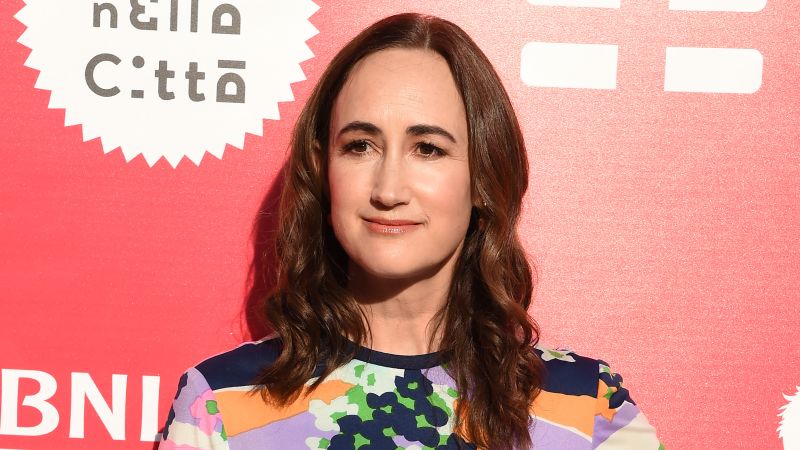Sports
Jaden Rashada announces transfer from Arizona State, 1 year after landing there in wake of Florida NIL fiasco
India votes in gigantic election as Modi seeks historic third term
World
* Indian election to last 7 weeks, has 968 mln voters * PM Modi expected to win a rare third term * …
It took 20 years for Children of the Sun to become an overnight success
Technology
Children of the Sun burst onto the indie scene like a muzzle flash on a dark night. Publisher Devolver Digital dropped the …
Netflix explains decision to stop reporting crucial subscriber data
Business
Netflix (NFLX) will no longer report membership numbers starting next year — a bombshell move for the streaming industry, which has historically …
Who says soap operas are dead? ‘The Gates’ gives hope for genre’s revival.
Entertainment
For the first time in 25 years, a new daytime drama has entered production: The Gates — following the lives of a …
Your guide to Bulls-Heat & Kings-Pelicans
Sports
• Download the NBA App The 2024 NBA postseason tips off with the SoFi Play-In Tournament. Get ready for the action with previews and …
SpaceX launches Starlink satellites on company’s 40th mission of 2024
Science
SpaceX launched its 40th mission of the year this evening (April 18). A Falcon 9 rocket carrying 23 of the company’s Starlink …
Hospital prices for the same emergency care vary up to 16X, study finds
Health
Enlarge / Miami Beach, Fire Rescue ambulance at Mt. Sinai Medical Center hospital. ] Since 2021, federal law has required hospitals to …
Oviedo couple accused of using medical transport business to commit Medicaid fraud
U.S.
The owners of a Central Florida medical transportation company are facing allegations that they fraudulently billed the Medicaid program for more than …














